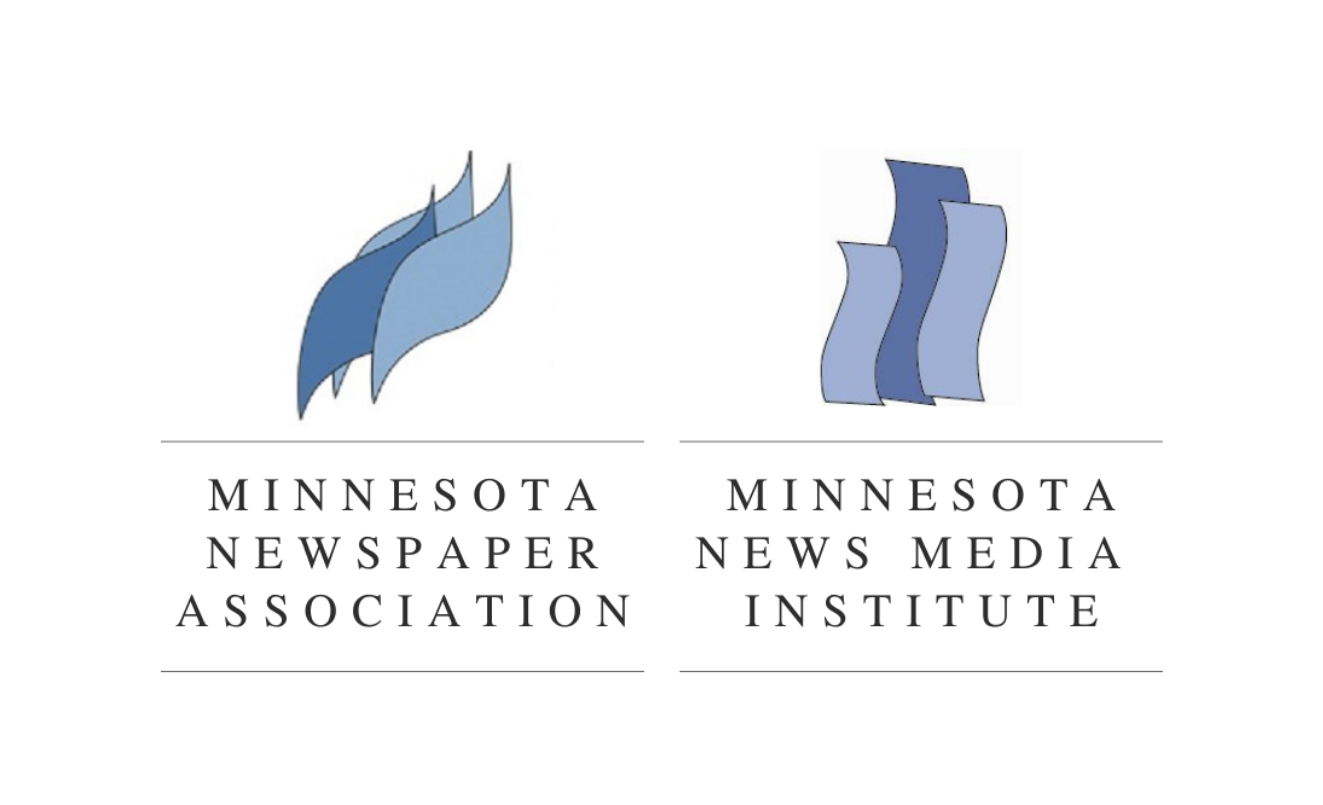By John Foust
Raleigh, NC
“As crazy as it sounds, losing a sale can be good for business,” Gerald told me. “It offers a unique chance to build rapport over a long period of time. And when they conduct another advertising review, I’ll be in a better position than before.”
To put it simply, a sales presentation has three possible outcomes: (1) yes, (2) no, or (3) not yet. The good news – for Gerald and other optimistic sales people – is that “no” can be interpreted as “not yet,” instead of “never.” This means there is hope for a future sale, even when the last attempt wasn’t successful. Rapport is a huge element in turning today’s “not yet” into next month’s or next year’s “yes.”
“Selling advertising is all about relationships,” he said. “When there’s not good rapport, even an existing advertiser will find it easier to drop out of the paper if there’s a bump in the road ahead.”
Dale Carnegie wrote, “If you have a lemon, make a lemonade.” With those words in mind, here are some tips to strengthen rapport after a lost sale:
Step 1: Thank sincerely. Gerald’s strategy is to thank a prospect immediately after a presentation. And if they decide not to buy, he thanks them again – with a handwritten note or an e-mail.
“Unless it is a rare circumstance, I drop the must-buy-from-me persona. Some sales people say, ‘Thank you, and by the way, you should reconsider this list of selling points,’ but I disagree. That not-so-subtle message is, ‘You made a bad decision, and here’s your chance to correct it.’ That’s no way to build rapport.
“I simply thank them for their consideration, wish them success – and tell them that I am looking forward to staying in touch.”
Step 2: Keep in touch on a regular basis. “Okay, now that I’ve told them I’m going to stay in touch, I actually stay in touch,” Gerald explained. “Top-of-mind-awareness is just as important in selling as it is in advertising. People like to do business with people they know.”
Because Gerald is genuinely interested in people, it is easy to learn about their interests. He sends occasional links to articles about favorite teams and hobbies. And he makes sure to chat with them at various networking events around town.
Step 3: Monitor the advertising. “Because I want another shot at their business in the future, I follow their marketing,” Gerald said. “At some point along the way, they may ask for feedback on a particular aspect of their ads. The faster I respond, the better my chances of being heard.
“That’s an open door to another sales presentation – and maybe a bigger sale than I would have made if they had said “yes” the first time. The difference is that now we know each other pretty well.”
Gerald has found another benefit. “I’ve gotten some unexpected referrals,” he said. “People not only like to buy from people they know. They like to refer friends to people they know.”
COPYRIGHT LINE
(c) Copyright 2012 by John Foust. All rights reserved.
CREDIT LINE
John Foust has conducted training programs for thousands of newspaper advertising professionals. Many ad departments are using his training videos to save time and get quick results from in-house training. E-mail for information: jfoust@mindspring.com
